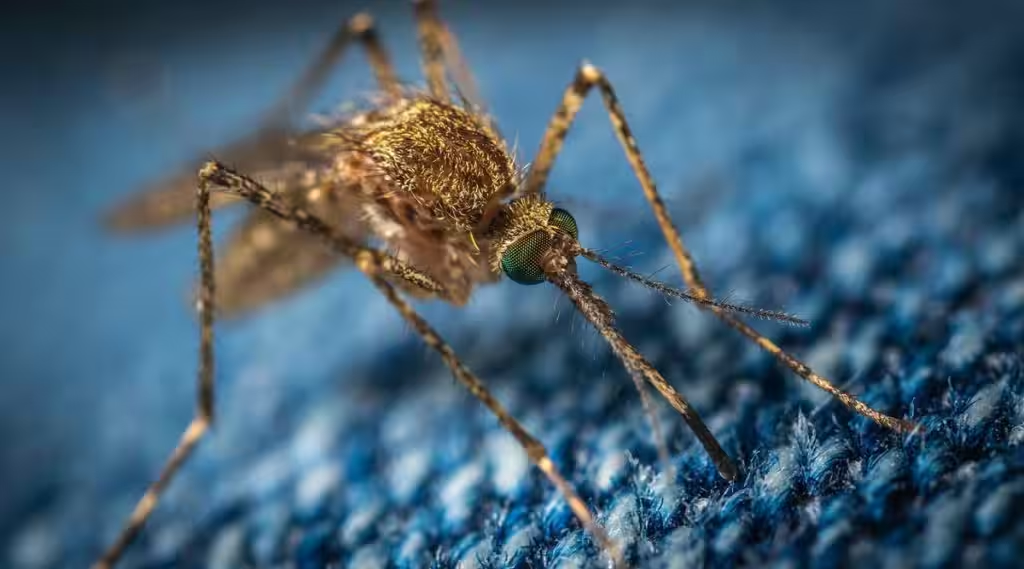The recent declaration from the World Health Organization (WHO) proclaims the prequalification of a novel dengue inoculation. As per the WHO proclamation, Takeda Pharmaceuticals has successfully achieved prequalification for its vaccine, designated TAK-003, on the 10th of May 2024. This particular vaccine, TAK-003, marks the second dengue preventive measure to receive WHO’s prequalification. WHO strongly advocates for the utilization of TAK-003 among children aged between 6 to 16 years residing in regions characterized by a substantial dengue prevalence and heightened transmission rates. The recommended dosage regimen entails a two-dose administration with a three-month interlude between doses. Dr. Rogerio Gaspar, the WHO Director for Regulation and Prequalification, asserts, “The prequalification of TAK-003 signifies a significant stride in broadening the global accessibility to dengue prophylactics, as it now qualifies for procurement by UN agencies including UNICEF and PAHO. With only two dengue vaccines hitherto prequalified, we anticipate the submission of more vaccine candidates for evaluation, thereby ensuring the widespread dissemination of vaccines to all communities in need.” Intriguingly, the WHO prequalification catalog includes the CYD-TDV vaccine against dengue, developed by Sanofi Pasteur. What Constitutes TAK-003? TAK-003 is a live-attenuated vaccine comprising attenuated variants of the four serotypes of the dengue virus. As delineated in a 2023 publication in the Journal of Travel Medicine, the vaccine is predicated on a “conglomeration of a DENV-2 framework integrated with three modified DENV-2 strains expressing surface antigens for DENV-1, DENV-3, and DENV-4.” In September 2023, the WHO Strategic Advisory Group of Experts (SAGE) endorsed the introduction of TAK-003 for children aged 6 to 16 years in subnational locales characterized by elevated dengue transmission intensity. Furthermore, the vaccine secured approval in Europe towards the conclusion of 2022 for individuals above the age of 4 years (sans any upper age constraint), albeit the stipulations regarding indications and age groups for utilization are contingent upon individual national recommendations.
Notably, the United Kingdom, Brazil, Argentina, Indonesia, and Thailand have all accorded approval for TAK-003. However, an unexpected withdrawal of the application for approval from the US Food and Drug Administration (FDA) transpired in July 2023. Allegedly, the objective of this vaccine is to surpass the efficacy of Sanofi’s Dengvaxia. Dengue, a malady disseminated by the bite of an infected mosquito, stands as a prominent vector-borne ailment. Severe dengue poses a potentially fatal complication arising from dengue infections. Estimates indicate an annual incidence of over 100-400 million cases of dengue worldwide, with 3.8 billion individuals inhabiting dengue-endemic nations, primarily concentrated in Asia, Africa, and the Americas. Per the WHO assessment, the trajectory of dengue incidences is poised to escalate and broaden geographically due to the ramifications of climate change and urbanization.


